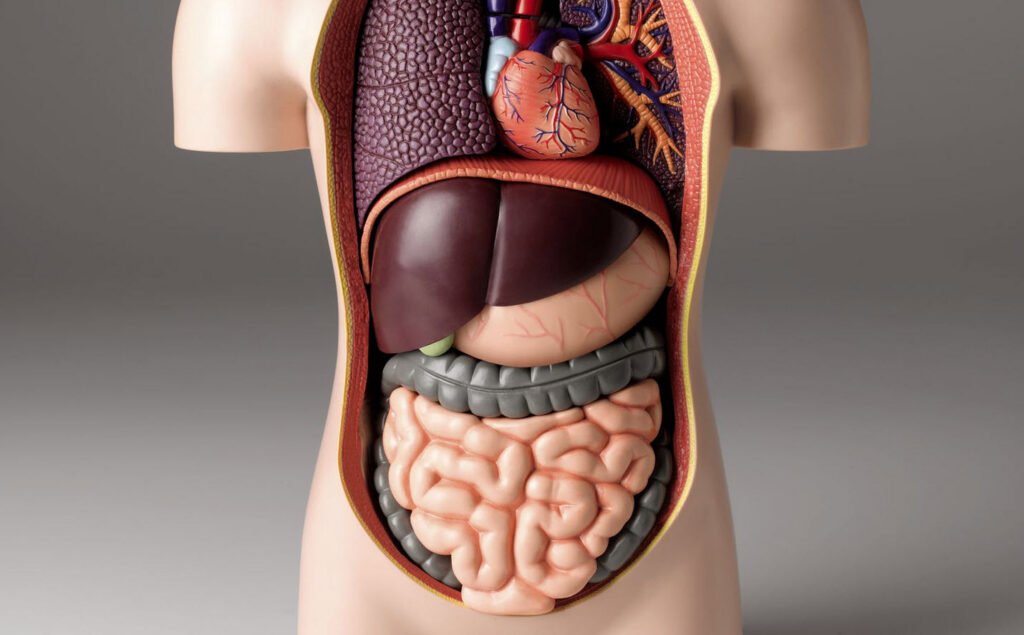
The human body, a complex and wondrous entity, is composed of a multitude of elements that work harmoniously to sustain life. These elements form the building blocks of our biological structure and are vital for the proper functioning of our body’s various systems.
Understanding the approximate percentage of these elements within the human body provides invaluable insights into our physiological composition.
Oxygen – 65%
Oxygen stands as the most prevalent element in the human body, constituting a significant 65% of its overall composition. Oxygen is a vital component of numerous biological molecules and is crucial for cellular respiration, the process by which our cells generate energy.
Carbon – 18%
Carbon, often referred to as the backbone of life, makes up approximately 18% of the human body’s composition. It is the fundamental element in organic compounds, forming the foundation of carbohydrates, proteins, fats, and nucleic acids.
Hydrogen – 10%
Hydrogen, comprising approximately 10% of the body’s composition, is a key element in water and organic compounds. It is an integral component of molecules like water and serves as an energy carrier in various metabolic processes.
Nitrogen – 3%
Nitrogen, constituting around 3% of the human body, is a crucial component of proteins and nucleic acids. Proteins are essential for cell structure and function, making nitrogen indispensable for life processes.
Calcium – 2%
Calcium, accounting for approximately 2% of the body’s composition, plays a pivotal role in bone and teeth structure. It is also essential for muscle function, nerve transmission, and blood clotting.
Phosphorous – 1%
Phosphorus, making up about 1% of the body’s composition, is fundamental to the formation of DNA, RNA, and ATP (adenosine triphosphate), a molecule that stores and releases energy for cell activities.
Potassium – 0.35%
Potassium, present at about 0.35% in the human body, is a critical electrolyte that regulates muscle and nerve function. It helps maintain the balance of fluids and supports heart health.
Sodium – 0.15%
Sodium, composing approximately 0.15% of the body, is another essential electrolyte vital for maintaining fluid balance, nerve signaling, and muscle function.
Chloride – 0.15%
Chloride, also at 0.15%, works alongside sodium to help maintain the body’s electrolyte balance and plays a crucial role in the digestive process.
Magnesium – 0.05%
Magnesium, constituting around 0.05% of the body’s composition, is essential for muscle and nerve function, bone health, and energy production.
Iron – 0.0004%
Iron, although present in a relatively small amount at approximately 0.0004%, is a crucial element for oxygen transport in the blood, forming the core of hemoglobin in red blood cells.
Understanding the elemental composition of the human body is fundamental to comprehend the intricacies of our biology. Each element plays a distinct role in our bodily functions, and maintaining a proper balance of these elements is essential for optimal health and well-being. This breakdown of elemental composition offers a glimpse into the complex and marvelous composition that sustains human life.
You may also like:- Exploring the Enigmas of Science – Unraveling Celestial Mysteries and Physical Conundrums
- Semiconductor Related Terms – A Beginner’s Guide
- Major Trenches and Ridges Around the World
- [The Planets] Mercury to Neptune – Some Known Facts
- Unraveling Earth’s Mysteries – A Journey through Intriguing Questions
- The Principal Causes of Pollution – A Comprehensive Overview
- Thermal Pollution – Causes, Effects, and Solutions
- What is Noise Pollution?
- Why Are Bacteria and Microbes Afraid of UV Light?
- Soil Pollution – Causes, Effects, and Solutions







